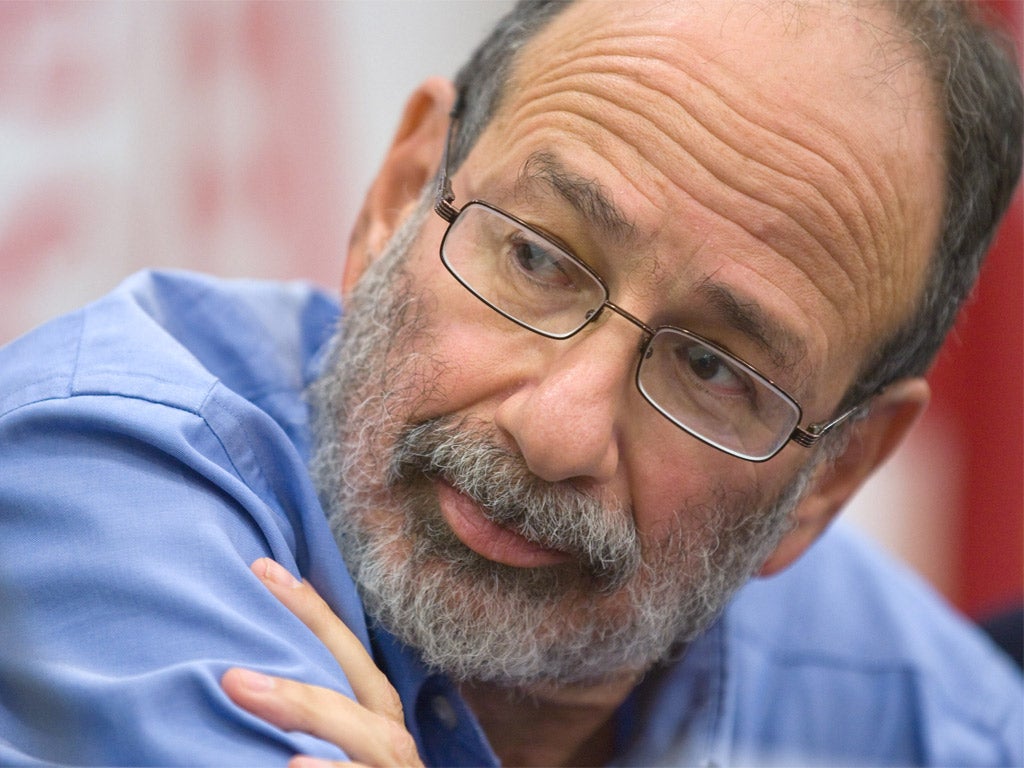Nobel Prizes: Tax and spend and rock 'n' roll
An academic dubbed the 'King of Repugnance' has won the Nobel Prize for Economics. What's happened to the dismal science? Tim Walker explains how models and curves got sexy

The winners of this year's Nobel Prize in economics are Lloyd Shapley and Alvin Roth. Shapley, 89, a mathematician and professor emeritus at UCLA, was responsible for a 50-year-old paper about how best to match people to potential partners in a group of individuals with differing views about their ideal type. Roth, 60, who teaches at Harvard Business School and is presently visiting professor at Stanford, took up Shapley's matchmaking theory years later, and applied it to fields such as organ donation and school selection.
Roth is already a hero to younger economists, including Steven D Levitt, one of the authors of the Freakonomics books. Levitt's writing partner, Stephen J Dubner, describes Roth in their blog as "the King of Repugnance" – because "he is masterful at thinking about the kind of transactions that we find morally or ethically or otherwise disturbing", such as paying for kidney transplants. He has also studied the way repugnance shifts over time, so that previously unsavoury activities such as currency speculation and life-insurance sales are now accepted, while present taboos, such as performance-enhancing drugs, might be less frowned upon in future.
Freakonomics – with its theories about the effect on crime rates of legalising abortion, or the social conditioning caused by baby names – popularised a genre of non-fiction bestseller. The natural route for Roth and/or Shapley would be into commercial publishing. They could quite easily follow their fans Levitt and Dubner's example, and produce a million-selling selection of amusing and enlightening economics-based observations about everyday life. If so, here's their competition:
David Friedman
Might reasonably be called the Godfather of modern popular economics, given that his Hidden Order: The Economics of Everyday Life was published nine years before Freakonomics. The son of the economist Milton Friedman, he made his name with his 1973 book The Machinery of Freedom, which posited a theory of "anarcho-capitalism".
Stefan Szymanski & Simon Kuper
Szymanski, a University of Michigan professor, and Kuper, a Financial Times columnist, met at a football conference in Turkey, where they found they shared a scepticism about accepted professional perceptions of the sport. They set out to debunk the old theories with economic evidence, the result being their bestselling Soccernomics.
Tim Harford
Another FT writer and the presenter of Radio 4's More or Less, Harford was the man behind the popular Undercover Economist column (and bestselling book), which threw light on the workings of the modern economy, by way of subjects such as Fairtrade coffee and Mafia money-laundering.
Tyler Cowen
A professor of economics at George Mason University in Virginia, Cowen is the co-author of the pop-economics blog Marginal Revolution. He recently published An Economist Gets Lunch: New Rules for Everyday Foodies, in which he applied economic theory to the pressing problems of where to find good seafood in developing nations, and how to get the best recommendations from your waiter.
Join our commenting forum
Join thought-provoking conversations, follow other Independent readers and see their replies
Comments
Bookmark popover
Removed from bookmarks